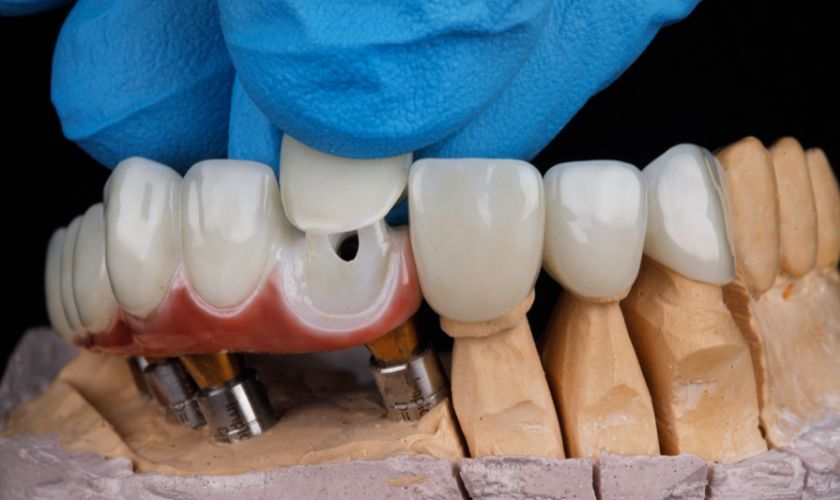503-590-7574
Dealing with a Dental Abscess
September 18, 2012
Blog

Anyone who has ever had the displeasure of experiencing an abscess knows how excruciating the pain can become. While abscesses can form on most parts of the body, dealing with a dental abscess presents unique challenges.
An infection of the mouth, jaw, throat, or face, dental abscesses begin as a tooth infection or a cavity. The types of infections that cause a dental abscess are common in individuals who suffer from poor oral health and who don’t receive proper dental care.
What Causes a Dental Abscess
The cause of dental abscesses is directly related to the growth of bacteria from an existing cavity. This bacteria can begin to extend from the cavity into the throat, cheeks, gums, or into the jaw or facial bones. Once rooted, a painful dental abscess can form which begins to collect pus at the spot of the infection. The abscess will continue to grow, becoming progressively more painful, until it either bursts or is drained surgically. Occasionally the infection can grow large enough that it threatens to block your airway, making it difficult to breathe. Even if they don’t grow to such a size, a dental abscess can make you ill and cause nausea, fever, chills, sweats, and vomiting.
While an infected tooth that doesn’t receive the required dental care may cause a dental abscess to develop, not brushing and flossing your teeth regularly allows cavities to form in your teeth that can lead to an infection. By failing to brush, you leave deposits of plaque, a sticky bacteria that creates acids that damage your teeth’s enamel every time you eat, on your teeth where it can cause tooth decay and gum disease. Brushing and flossing daily helps to remove excess plaque and food particles from your teeth and gums so they can stay healthy and disease free.
When to Seek Treatment
While your dental abscess could drain on its own, you will more than likely need to seek medical treatment to deal with your abscess. If the pain from your infection cannot be managed by over-the-counter pain medication, you need to see Dr. Walker to have the abscess drained. You also need to seek medical treatment if you develop nausea, diarrhea, vomiting, chills, or a fever due to your dental abscess or have trouble breathing or swallowing. If you believe you have an abscess, call Dr. Walker, your Beaverton family dentist of choice, or go to a hospital emergency room for further evaluation, especially if you’re feel ill.
During treatment, Beaverton family dentist Dr. Walker will examine your abscess and determine if it’s drainable. He may also need to take x-rays of your teeth to determine if any small abscesses exist at the root of the tooth.
Should you have an abscess burst at home, use a warm water rinse to cleanse the mouth and encourage further drainage. To help with any pain, try taking nonsteroidal anti-inflammatory medications, such as Aleve or Advil. If your abscess gets cut opened and drained, the doctor may prescribe you pain relievers and antibiotics to fight off the infection.
Recent Posts
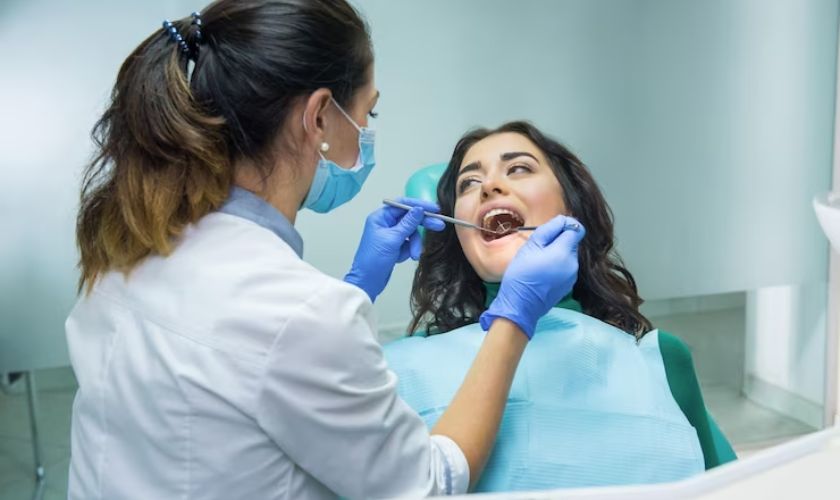
Maximizing Recovery: Dos and Don’ts Following Tooth Extraction
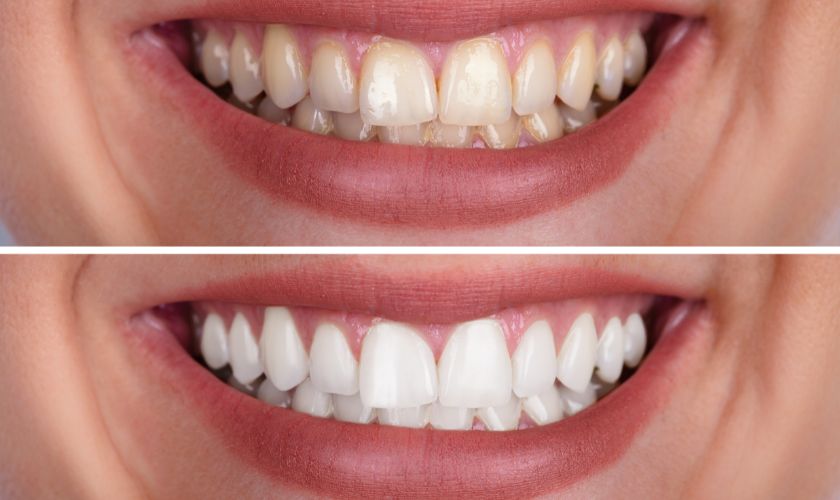
What is the Best Method to Whiten Teeth?
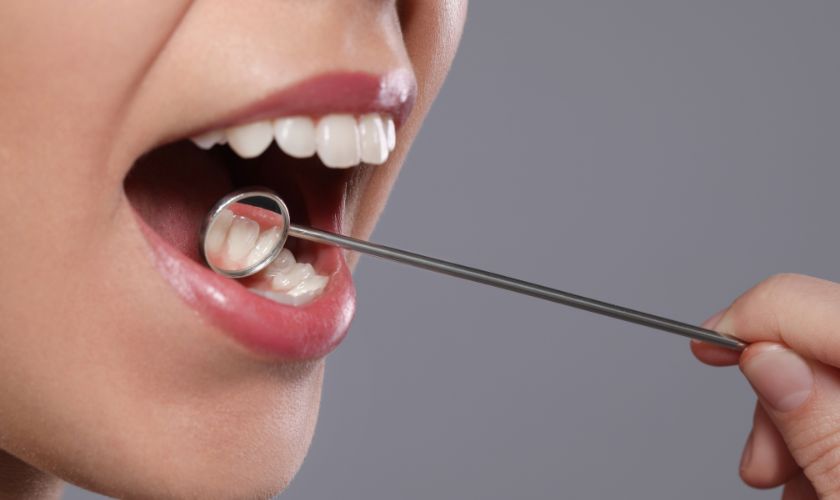
When Should You Schedule an Oral Cancer Screening?
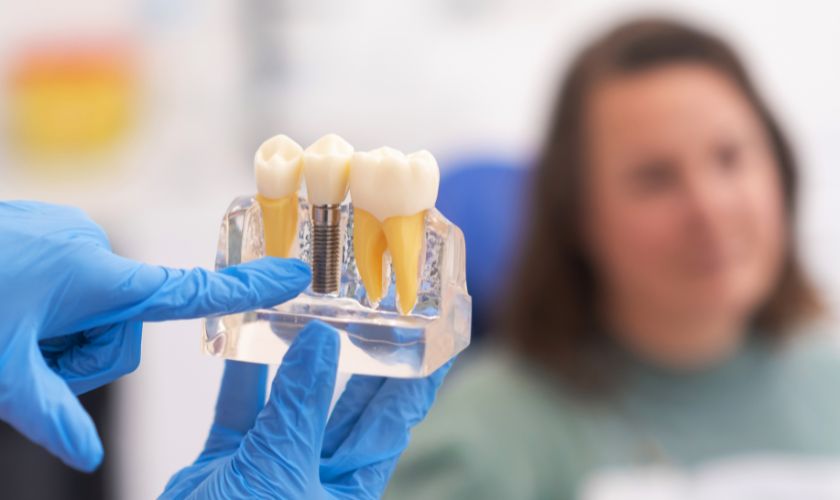
What Are The 3 Types of Dental Implants?
